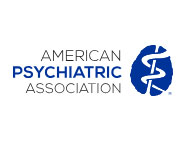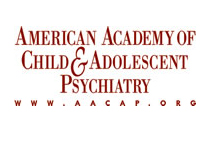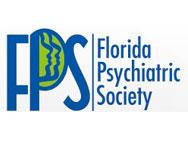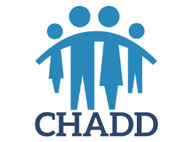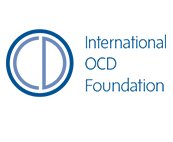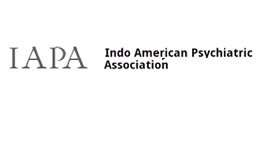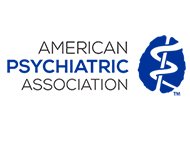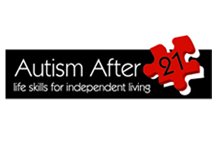Mood Disorders
Mood disorders are a category of mental illness that involve a significant change in mood. The average age of onset is 30, but mood disorders can affect people of any age including children and the elderly. Listed below are categories of the same mood disorders; however it is important to note mood disorders can have a variable clinical profile and diversity.
Depression
Depression can describe a normal human emotion, but those with clinical depression have a cluster of symptoms that can last all day and can persist for at least two weeks and cause difficulty in everyday life.
Symptoms include:
- Loss of interest in daily activities
- Sense of hopelessness
- Low self esteem
- Overall feelings of inadequacy
- Irritability, tearfulness, guilt, or excessive anger
- Avoidance of social activities
- Loss of appetite or overeating, often with weight change
- Changes in sleeping habits
- Difficulty making decisions
- Poor concentration and lack of productivity
- Recurring thoughts of death or suicide
- Unexplained physical problems, such as headaches or pain
In children, additional symptoms may include irritability, clinginess, worry, refusal to go to school, being overly sensitive, feeling misunderstood, drop in school grades and self harm.
Dysthymia
Dysthymia is a mild, but chronic, form of depression that often lasts longer than two years. Biochemical, genetic, and environmental factors may all play a part in causing dysthymia.
Symptoms include:
- Loss of interest in daily activities
- Sense of hopelessness
- Overly critical
- Low self esteem
- Overall feelings of inadequacy
- Irritability or excessive anger
- Avoidance of social activities
- Loss of appetite or overeating
- Sleep problems
- Difficulty making decisions
- Poor concentration and lack of productivity
Bipolar Disorder
Bipolar disorder is a mental disorder that causes major changes in a person’s mood, energy, thinking, and behavior. Those with bipolar disorder often have periods of mania followed by periods of depression. The causes of bipolar disorder are not clearly understood, but it appears to be a genetic predisposition, with environmental and lifestyle factors playing a large role in the severity of symptoms. Sleep deprivation and substance abuse can significantly complicate the disorder.
Symptoms of mania include:
- Extreme happiness
- Unrealistic heights of self esteem
- Surge in energy
- Increase in talking
- Risk taking
- Distractibility
Symptoms of depression include:
- Decrease in enjoyment in regular activities
- Decrease energy levels, listlessness
- Boredom
- Changes in appetite or eating habits
- Thoughts of death or suicide
- Complaints of physical illnesses
- Social isolation
Premenstrual Dysmorphic Disorder (PMDD)
Women with premenstrual dysmorphic disorder experience symptoms similar to premenstrual syndrome (PMS) but include feelings of irritability, depression, and tension in the week prior to her menstrual cycle, with symptoms usually disappearing within a few days following the onset of menstruation. PMDD may affect 2 to 10% of menstruating women.
Symptoms include:
- Usual symptoms of PMS including: breast tenderness, bloating, and pain
- Loss of interest in daily activities
- Mood swings
- Fatigue
- Sadness, hopelessness, or possibly thoughts of suicide
- Irritability or anger that affects others
- Food cravings or binge eating
- Anxiety
- Feelings of lack of control or being overwhelmed
How Can a Psychiatrist Help?
Psychiatrists diagnose, treat, counsel, coordinate care with primary care doctors and other professionals, provide support services for the patient and their loved ones, and provide medication management for those suffering from mood disorders as well as support and hope.
Dr.Kothari is amazing! She has been my doctor for years...
I have been a patient of Dr. Kothari for over three years. She has invested her heart...
Dr. Kothari has been seeing my sons for seven years. She is a wonderful resource...
Dr. Kothari is very caring. Appointments and waiting times are great...
When we started seeing Dr. Kothari, my son was dealing with a great...
Dr. Kothari has saved my life, this I can say without reservation...

 Patient Forms
Patient Forms Videos
Videos Location
Location





